Nội Dung Chính
Grammar
Future continuous: review
1. Listen again to part of the conversation in GETTING STARTED. Underline the future continuous tense and answer the questions.
Phuc: … How about this Sunday afternoon at 2.30 p.m.? There's Superman 3.
Nick: Great…, but I'll be having my Vietnamese class then. Let's go for the 4.15 p.m. show. I'll need to take the bus to Nguyen Du Street and it's quite far.
Phuc: But it's not Galaxy Nguyen Du! We'll be seeing it at Galaxy Nguyen Trai...
1. What will Nick be doing at 2.30 p.m. this Sunday?
2. What will Phuc and Nick be doing at about 4.15 p.m. this Sunday?
Review
We use the future continuous tense to express being in the process of doing something at a specific time in the future.
Example:
Tonight at 8.30 p.m, Mai will be watching Frozen again at home. She loves it!
(She will be in the process of watching the film at 8.30 p.m)
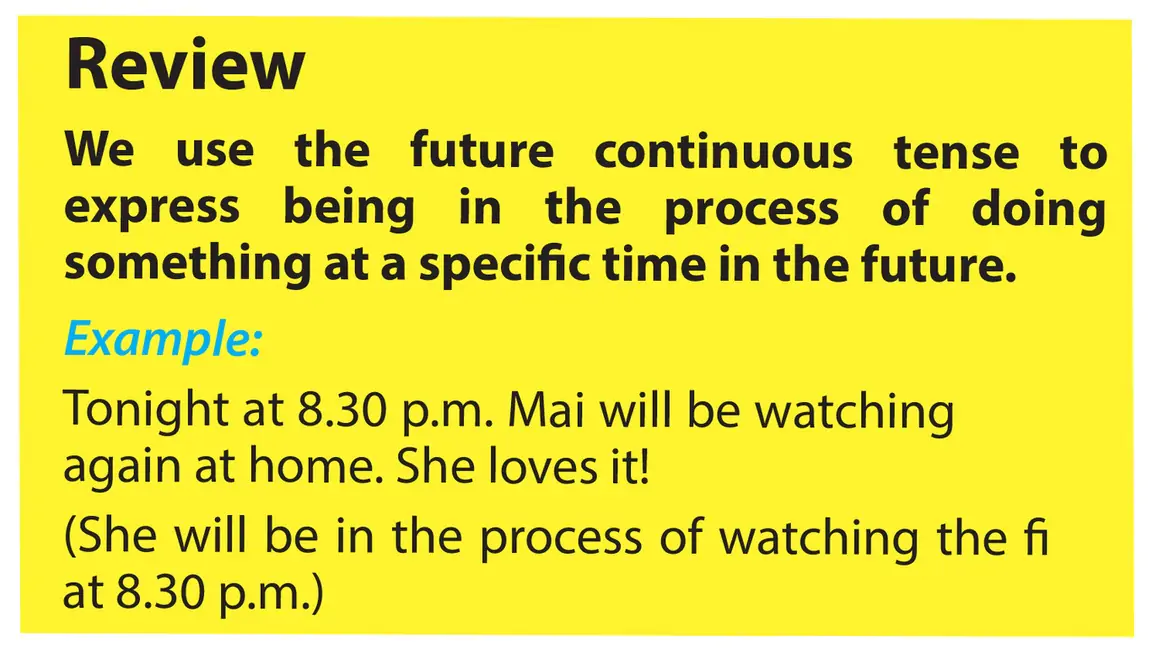
2. Complete the sentences with the future continuous.
1. __________ he still (sleep) __________ this time tomorrow? - No, he (study) __________ in the library.
2. She's now in Ho Chi Minh City but she (have) __________ a holiday in Da Nang at the end of this month.
3. They (eat) __________ dinner at 8 p.m.
4. __________ she (stay) __________ in her classroom during the break today? - Yes, she (write) __________ an email to her friend.
5. Mona says the children (play) __________ in the garden when you arrive.
6. This time next year Phuc (learn) __________ a new language.
Look out!
We often include a specific time when using the future continuous.
3. Look at the years provided. Work in groups to predict when the following may happen in the future. Then compare your answers with other groups.
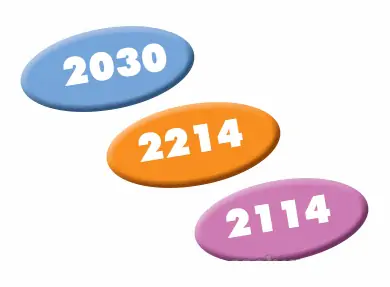
1. We won't be using landline telephones in __________.
2. We will still be sending snail mail in __________.
3. We will be communicating with telepathy devices in __________.
4. We will still be using art to communicate in __________.
5. We won't be working F2F any more in __________.
6. We will be using signs in , but the signs will be more interactive.
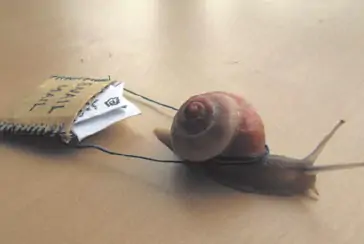

Verbs + to-infinitive
4. Look at the conversation in GETTING STARTED again and write down all the verbs that are followed by to-infinitive that you can find.
Example:
I also wanted to call you
→ want to call
Verbs + to-infinitive
If we want to follow a verb with an other action, we must use either a gerund (Unit 1) or an infinitive.
Example:
They want to see Superman 3 this Sunday.
Some common verbs followed by to-infinitive.
• Verbs of thinking: choose, decide, plan
• Verbs of feeling: love, hate, prefer
• Other verbs: try, want, need
Watch out!
Some verbs such as love, hate, prefer can be followed by both a gerund and to-infinitive without significant change in meaning.
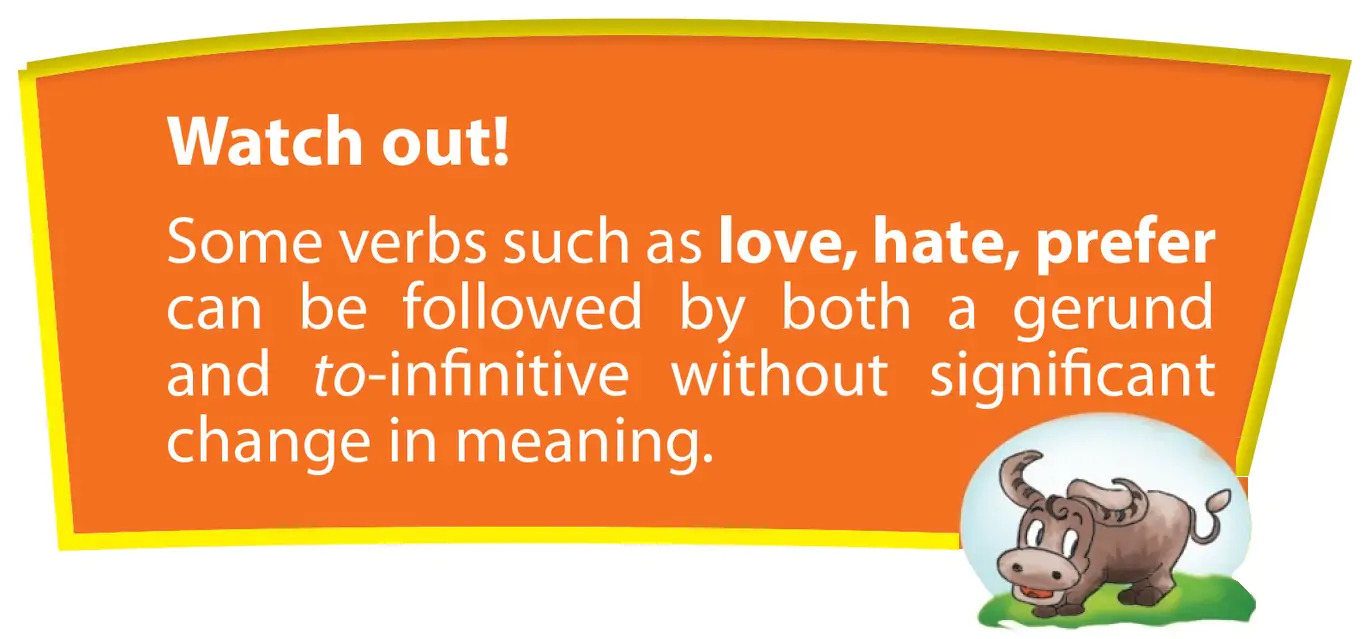
5. Choose the best answer.
1. We've decided ____________ in Ho Chi Minh City for three more days.
A. stay
B. staying
C. to stay
2. Do you want ____________ a mobile phone battery that uses solar energy?
A. having
B. to have
C. has
3. They chose ____________ the bus there.
A. to take
B. will take
C. taking
4. I tried ____________ you lots of times but couldn't get through.
A. called
B. call
C. to call
5. I think in the future many people will prefer ____________ by using social media.
A. to communicate
B. will communicate
C. communicate
6. The Dream List.
Example: We'll be using video conferencing in every meeting.


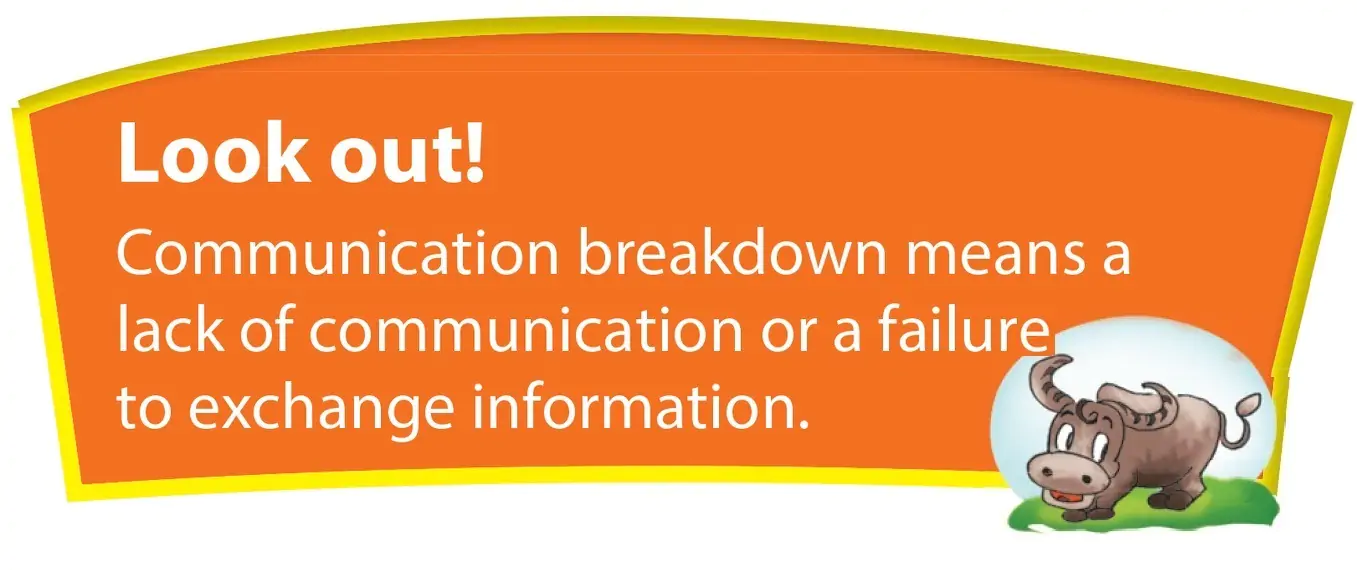

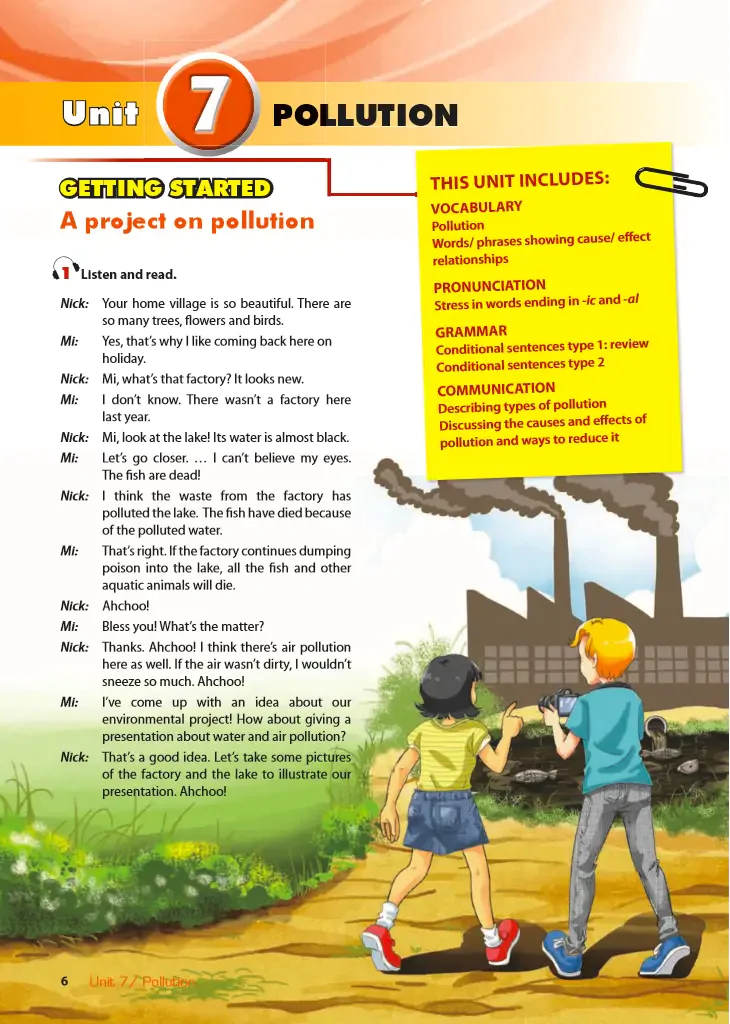
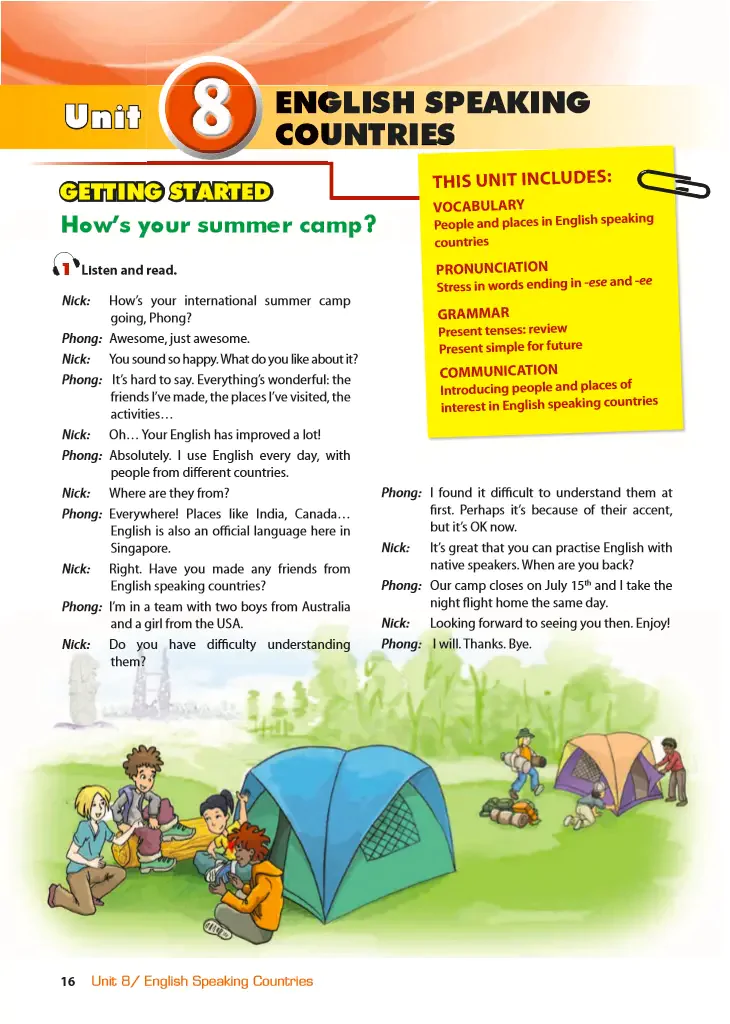
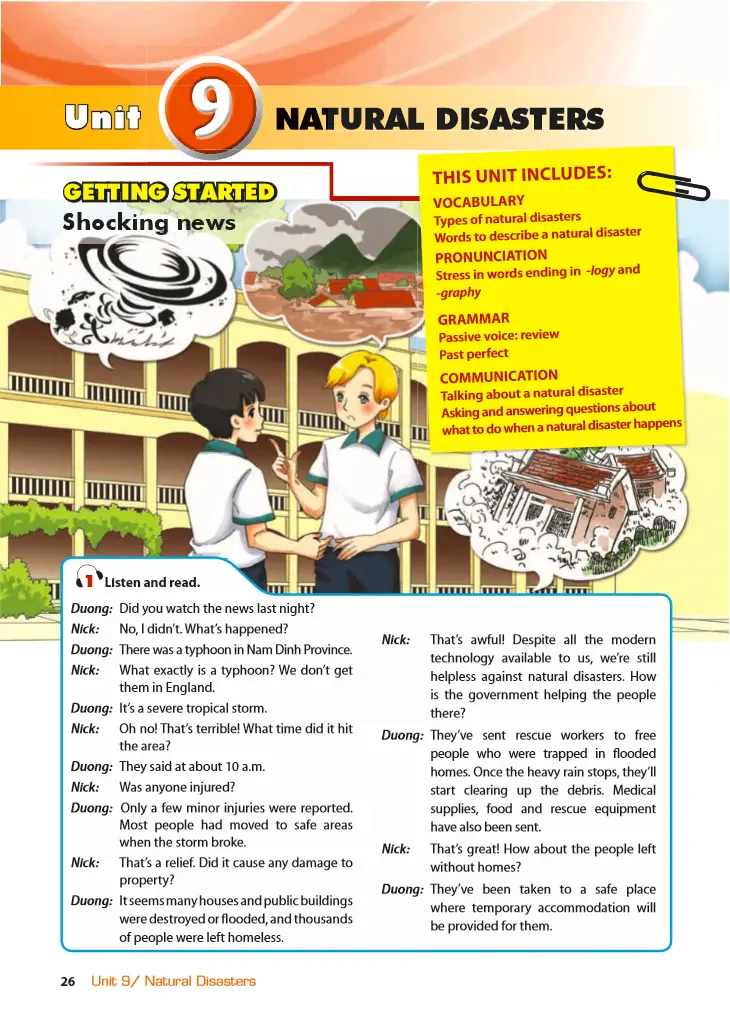
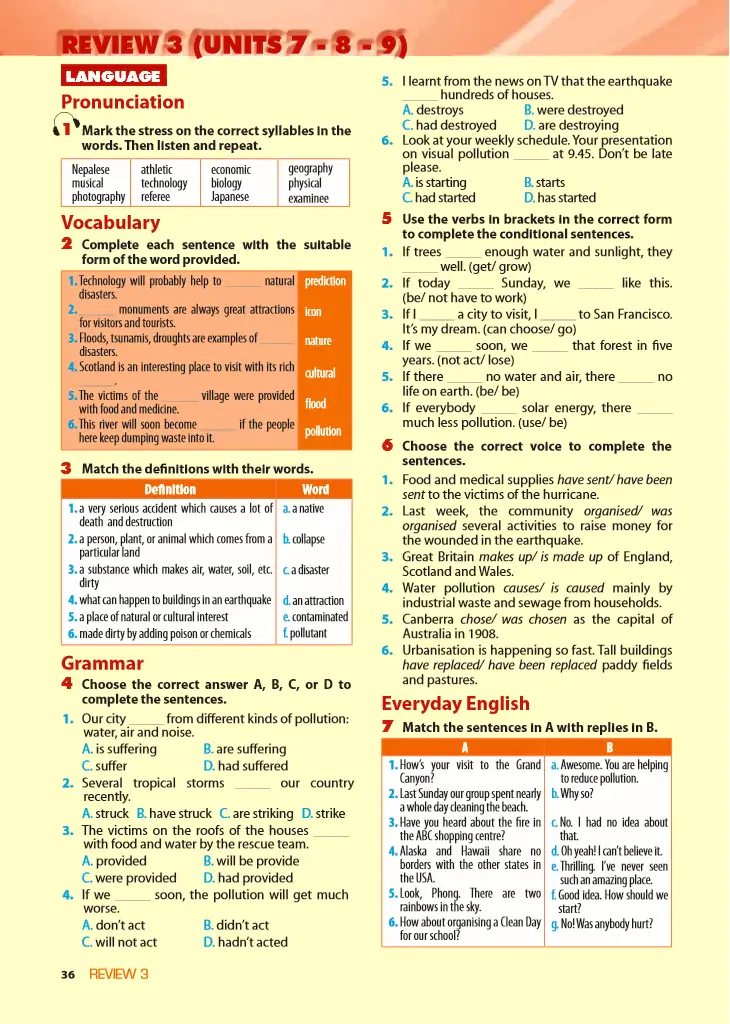
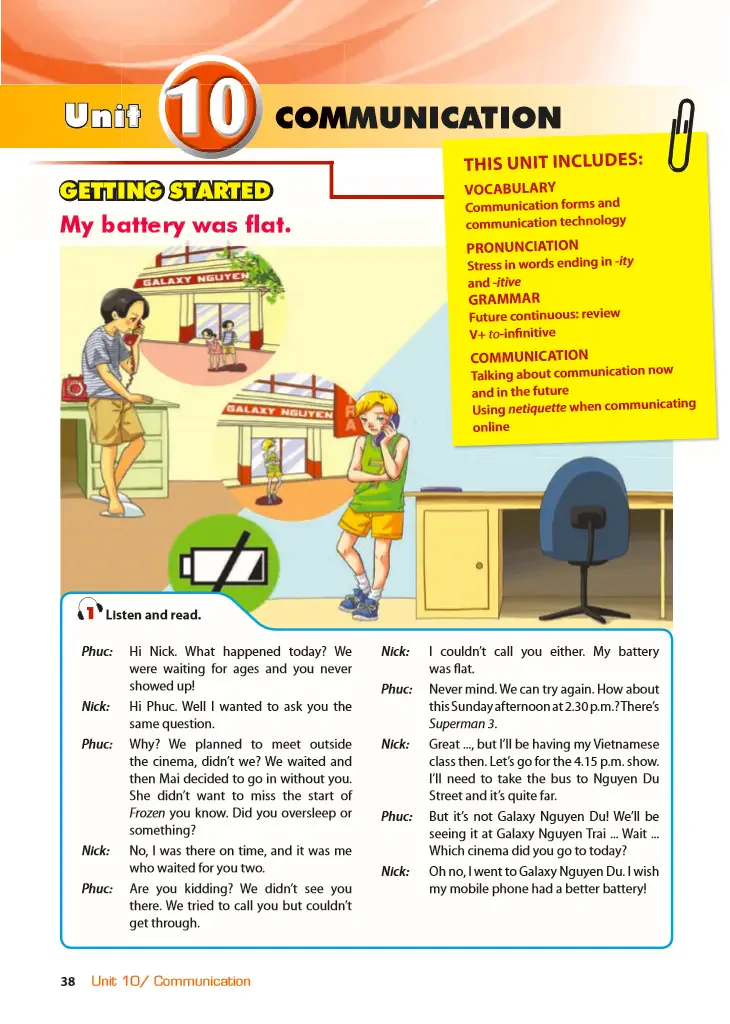
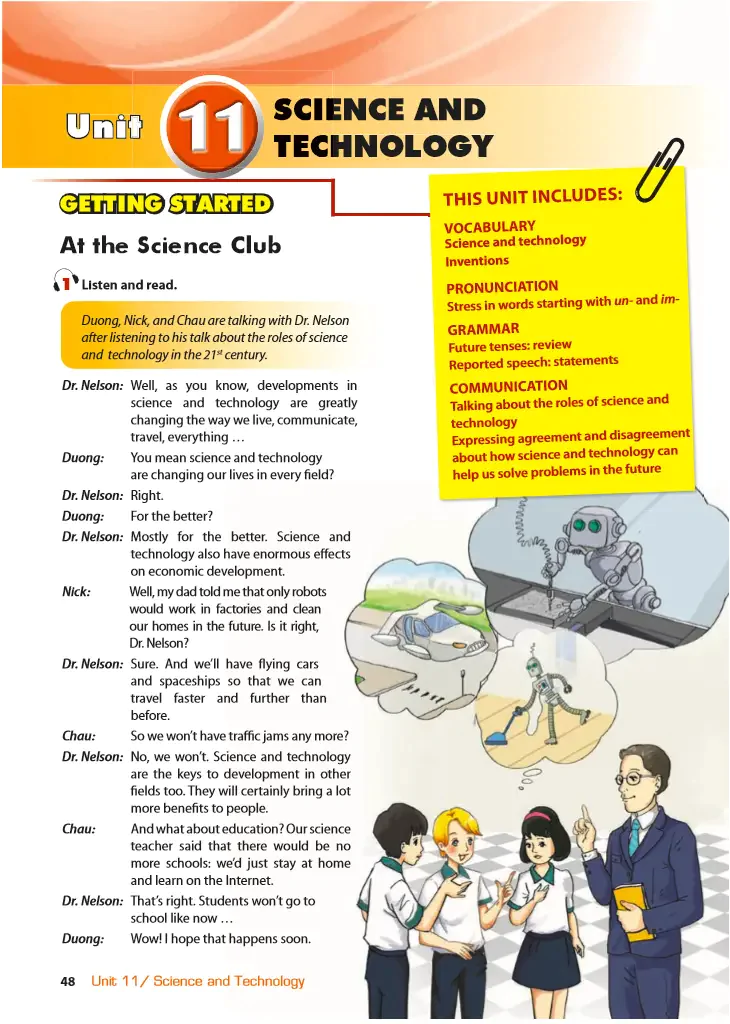
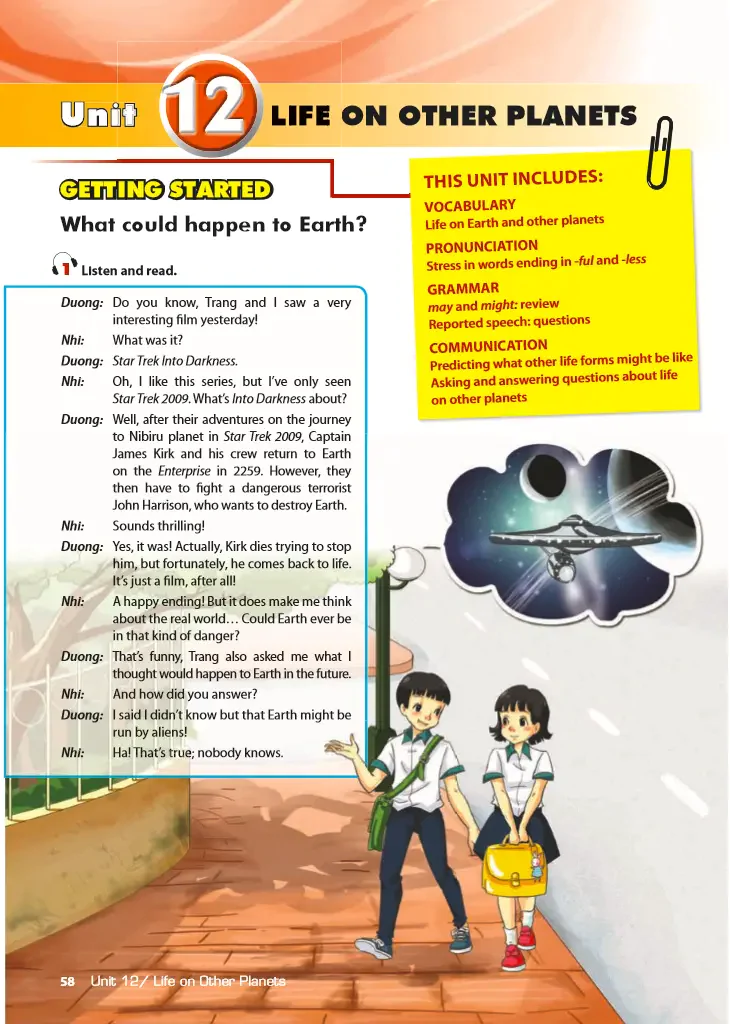
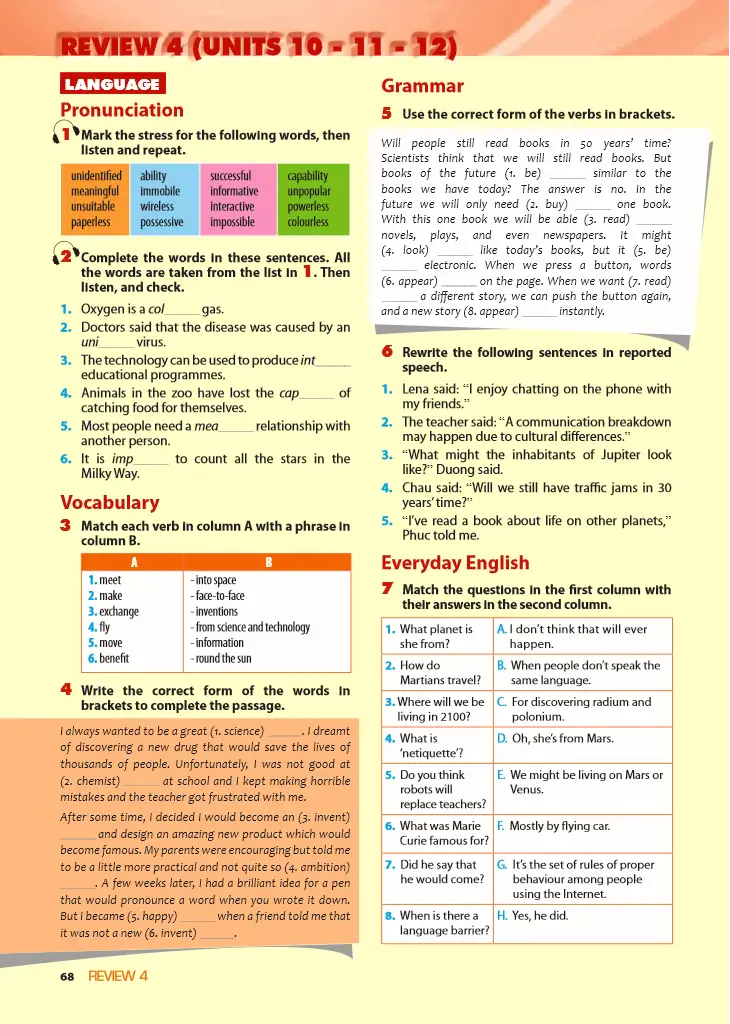


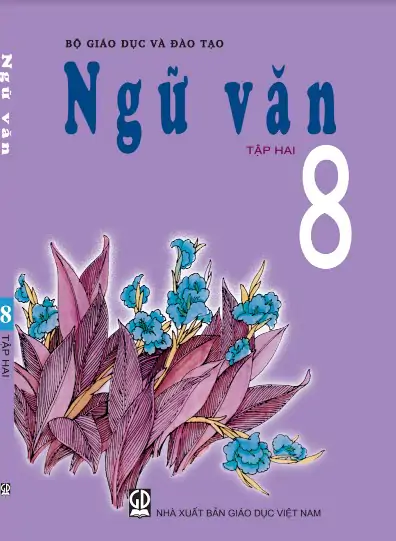


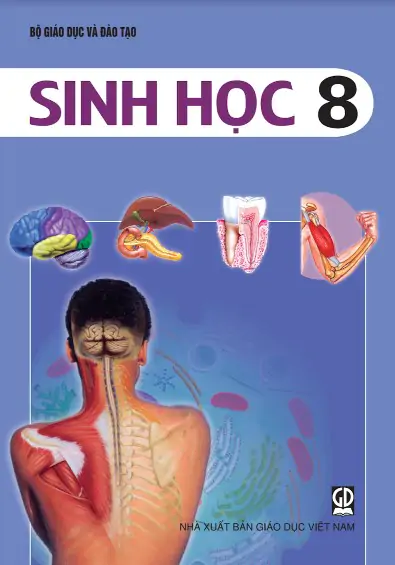





















Bình Luận
Để Lại Bình Luận Của Bạn